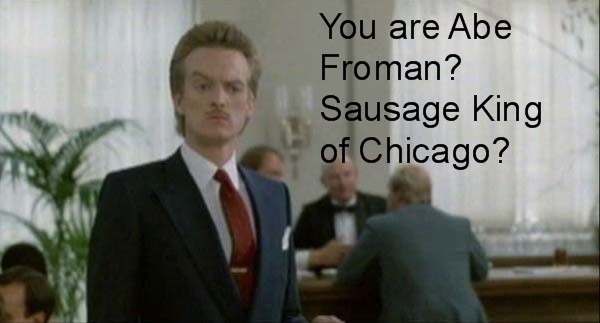Canadians have gone hardcore as notorious cheese smugglers.
NPR reports a “large scale Canada-U.S. cheese smuggling operation” has been brought down, after an international investigation tracked criminals who were skirting import duties and Canada’s higher cheese prices.
“The investigation revealed over $200,000 worth of cheese and other products were purchased and distributed for an estimated profit of over $165,000,” Niagara police  said.
said.
The smugglers — one current and one former police officer, and one civilian — reportedly sought out pizza restaurants to move their merchandise. News emerged this week that charges would soon be announced against what Mark called a “mozzarella mafia.”
As Windsor, Ontario, pizzeria owner Bob Abumeeiz told the CBC, he has been asked several times if he’s interested in buying cheese smuggled from America, where prices are anywhere from a third to half what they are in Canada.
“Cheese is the white gold in the restaurant business. Cheese is 50 percent of the taste on a pizza,” he said. “The price is rising every year two or three percent.”
The network operated in Ontario, where two of the accused have worked for the Niagara Regional Police Service.

 Police seized assets worth more than £78 million, including the company.
Police seized assets worth more than £78 million, including the company.
 authorities.
authorities.  Agriculture Minister Luca Zaia said Wednesday that worms were found in some of the fish seized across Italy between Dec. 10-23. In other cases, mussels defrosted months earlier were passed off as fresh, and fish coming from Asia was passed off as domestic.
Agriculture Minister Luca Zaia said Wednesday that worms were found in some of the fish seized across Italy between Dec. 10-23. In other cases, mussels defrosted months earlier were passed off as fresh, and fish coming from Asia was passed off as domestic.